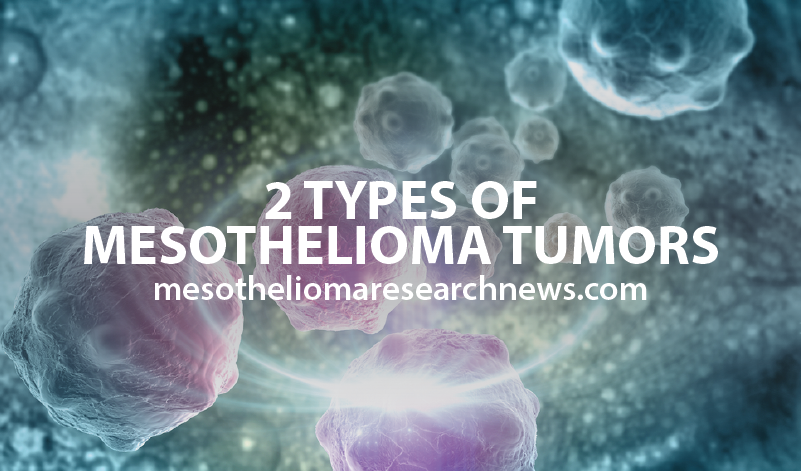
Mesothelioma is an aggressive type of cancer that affects the cells lining and covering certain organs, including the lungs and heart. This type of cancer is caused by exposure to asbestos, a natural mineral that was widely used in construction before it was demonstrated to be toxic during the 20th century.
There are two types of mesothelioma tumors. Learn more about them:
1. Malignant Mesothelioma
Malignant mesothelioma is the name given to mesothelioma which is cancerous, in contrast to non-cancerous mesothelioma. Since the former is more severe and common than the latter, it is usually only known as mesothelioma. However, malignant mesothelioma is particularly rare compared to other types of cancer. Malignant mesothelioma occurs when cancerous cells develop in the thin cell lining of the body’s internal organs and structures. Pleural, pericardial, peritoneal and testicular mesotheliomas are all types of malignant mesothelioma. This type of cancer can be difficult to diagnose since the symptoms are usually only noticeable when the disease is in advanced stages. Malignant mesothelioma usually has a poor prognosis, while treatment options include chemotherapy, radiation therapy, and surgical resection.
2. Benign Mesothelioma
Benign or non-malignant mesothelioma is a type of tumor that develops due to exposure to asbestos, but unlike malignant mesothelioma, the latency period is much shorter. Similarly, benign mesothelioma is much easier to treat than malignant mesothelioma. However, it can be an indicator of more severe diseases which could develop later in life. Benign tumors grow and impact nearby organs, causing damage, but they do not invade nearby tissues or spread to other parts of the body. Symptoms of the disease include dry cough, difficulty breathing, shortness of breath, and chest pain. Treatment is usually made through surgical resection and the survival rate is generally high.
Learn more about them here: http://bit.ly/1Y80tfV
Mesothelioma Research News is strictly a news and information website about the disease. It does not provide medical advice, diagnosis or treatment. This content is not intended to be a substitute for professional medical advice, diagnosis, or treatment. Always seek the advice of your physician or other qualified health provider with any questions you may have regarding a medical condition. Never disregard professional medical advice or delay in seeking it because of something you have read on this website.

